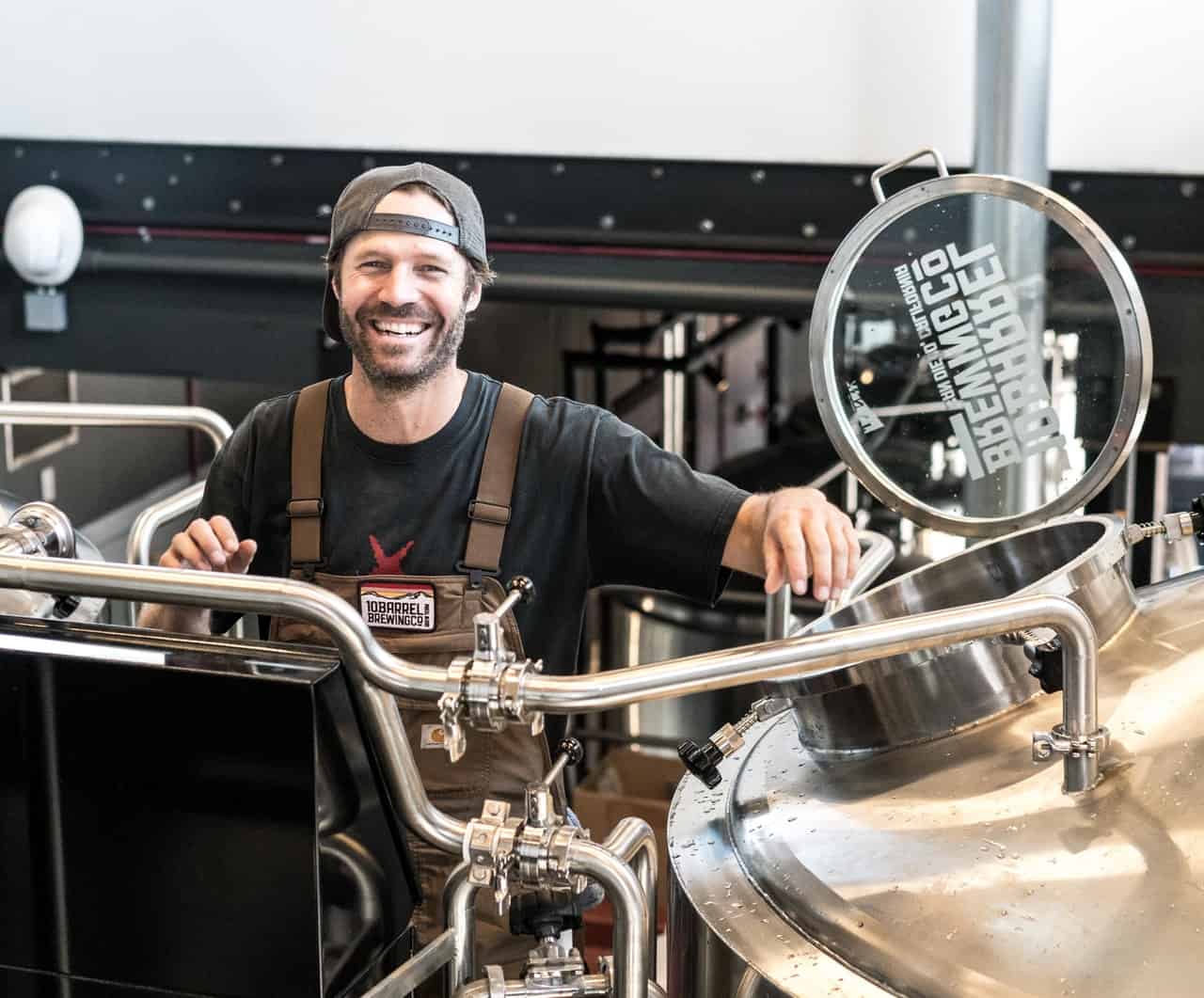Deciding to stay small
It’s strange that the natural assumption is that growth and lots of expansion is the goal and without having achieved that you haven’t achieved anything. I suppose working hard to build a successful business from scratch doesn’t cut it these days. A lot of ‘small’ successful companies choose to stay small and many of its customers prefer that even if they don’t have a huge brand behind them. This is where small can mean the same as successful.
An example of this is a company called The Silver Fox. The owner Peter Renner makes bowties, ascots and cumberbunds. Renner specifically chose to stay small and use fine fabrics with details rather than go with the demands of fashion. Moreover he wasn’t willing to compromise quality in order to lower costs and increase demand. Instead The Silver Fox maintained it’s size, demand and loyal following.
So when has a company attained its ideal growth?
A lot of studies say that it’s unique to each business and the service they provide, particularly with the increasing number of SMEs that are becoming automated. A big organization that hires a lot of people to do work that can be mechanised is probably less efficient than a smaller automated one.
A leader of a business needs to find at what point quantity compromises quality. When does expansion become detrimental to energy and personal growth of staff? A lot of big corporations started small and as they grew customers become disgruntled because the brand had evolved and lost the personal touch it had before.
Quality over quantity
A study that looked at brands and what consumers purchase in developing countries in Africa found that lower income people place a lot of value on quality over quantity. Finding that international businesses assume that , “…if you sell something in Africa it has to be cheap,”. This is where smaller local brands/entrepreneurial ventures do better than multinational corporations because they put quality over quantity. A case where some big brands work well is when they adapt and treat a market uniquely. For example Coca-Cola do well in rural areas in Africa through innovative techniques such as using, tiny refrigerated containers, strapped onto the back of mopeds, which are sometimes solar-powered. Furthermore Coca-Cola’s distribution method is also specific to African markets as they use, local distributors who transport their products in small quantities by bicycles or donkey carts.
An example of a B2B company that chose to remain small, producing high quality products is Grado Labs. They build headphones in Brooklyn from a small workshop with a handful of workers. Grado Labs is known to make some of the most “renowned headphones in the business” with products that range from $79 to $1 700 according to Ars Technica. The brand hasn’t advertised since the 1960s and doesn’t plan on starting anytime soon. When asked if a big company such as Apple came along and wanted access to Grado hardware the owner John Grado said “It’s not for sale”. John likes that fact that they only sell the headphones to some outlets and continue to maintain the high level of quality and devoted following.
Growing companies need to be aware of losing the quality that made them thrive initially. Sometimes stopping growth and knowing that as a company you’ve reached your potential and need to maintain it is just as great as becoming a multinational corporation.


